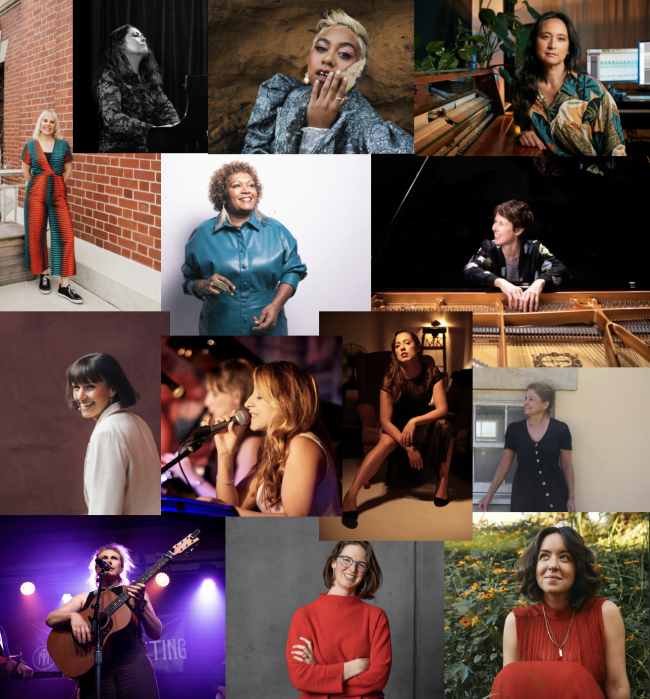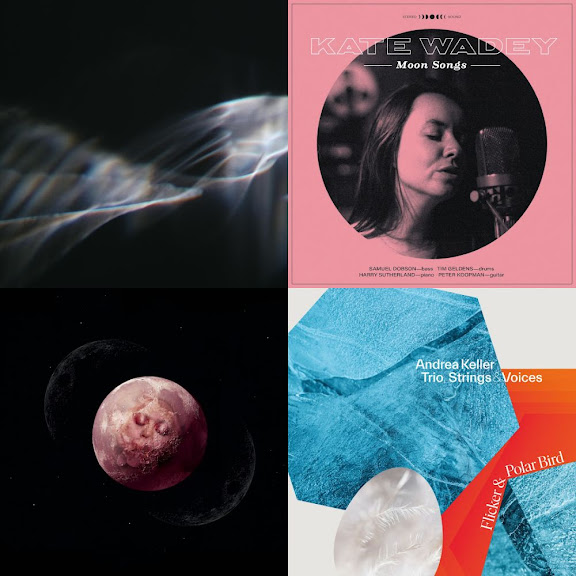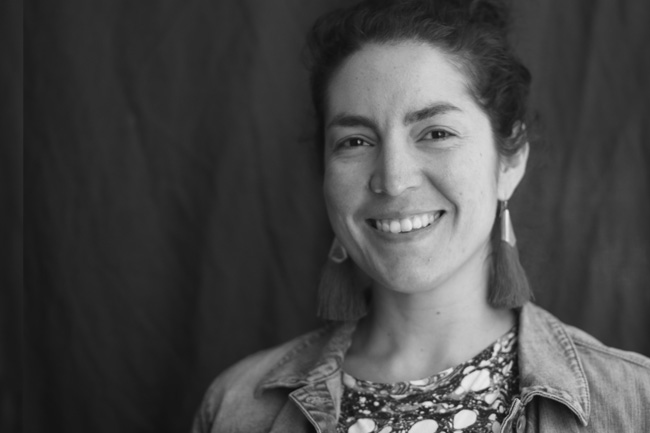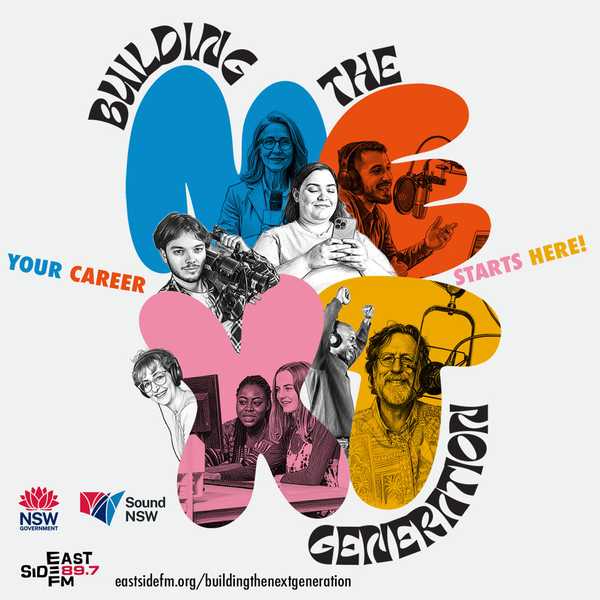Motherhood & Music – Not just the Lullaby
Approx. 6 minutes to read
Motherhood & Music – Not just the Lullaby is an interview series that unveils all the beauty, complexity, challenge, wonder and joy interwoven into the experience of musicians who are mothers. I chose this title, because often times when we think of mothers and music, we only think of lullabies. By titling “Not just the Lullaby”, I in no way intend to dismiss the importance of this fundamental act of connection. I want you to see the bigger picture.

I am honoured to have heard the stories of the thirteen musicians who have generously given their time to join me in my Motherhood & Music – Not just the Lullaby series for the Shout Sister Shout blog. I am proud to have produced another 22 800 words to capture the contribution that these incredible creative minds are making to our world of music. May these stories be remembered, unlike the lost story of Sister Rosetta Tharpe – who inspired me to start Shout Sister Shout back in 2021.
I have much admiration for the openness and honesty with which these musicians, who are mothers, approached their interviews. My heart has been pulled in so many ways over the course of this series. I’ve shed tears reading how Susie Bishop turned her loss into beauty and art. I had a good chuckle imagining how Emma Donovan referees her daughters’ singing matches on a long drive. I’m in awe of the ‘next-level’ time management skill of these musicians to manage all their commitments and how it drives their creative practice. For example: Caitlin Yeo tells me how having a crucial time limit helps her commit to her first idea; mother of twins Keyna Wilkins works on her music within a 2 hour time window each day.
One thing I’ve been taken aback by is how the common theme of guilt permeates motherhood and music. Guilt for feeling how they might not be doing enough for their music careers and guilt for feeling they are not present enough for their children. I am so sorry that so many of my interviewees have to feel this way, but this feeling is inescapable in a way. This world isn’t always designed to accommodate their needs. It shouldn’t be this way, but it is.
With this in mind, I wonder how we can make changes to design better spaces and systems. One of my questions was, “How can the music industry evolve to better accommodate the needs of musicians who are navigating the intersection of motherhood and their music careers?” Here are practical ideas from the lived experience of this collective:

- Venues should be safe spaces and have parental facilities
“A good start could be that when a show is being booked for a working mum questions are asked up front about what we might need if we are bringing our kids and family to the show. […] as any festival personnel makes a friendly gesture to me about how they can help accommodate my family and kids at the show it immediately helps me…” – Emma Donovan
“There have been some venues I have performed at that do not have parental facilities and it can be very tricky when this is the case. It’s quite a lot to juggle, fitting in feeds and expressing milk in set breaks at gigs, and having somewhere safe and convenient to go is so important…” – Briana Cowlishaw (new mum)
- Equitable financial structures should support parents – Tax, Parental leave and Childcare
Jenny Eriksson noted that she did not receive maternity leave 31 years ago when her son was born. She had hoped that things had improved. Sadly, from my interviews, it doesn’t seem like there has been a shift in three decades.
“… support musician mothers around things like Paid Parental Leave for partners, and also looking into things like how tax laws impact touring artists. For example, while on tour with my son when he was much younger I couldn’t claim the expense of bringing a carer along for him while I worked as a deduction, even though that money was spent directly in the production of income. This meant that though I was doing the same work as my male colleagues I was earning less than them because I was a mother.” – Thea Rossen
“…the biggest problem I have experienced is the expense of daycare and the abysmally short period of paternity leave compared to maternity leave. This puts so much more pressure on mothers to sacrifice their time.” – Susie Bishop
“We need to be able to claim childcare on tax!” – Jess Green
“I’d love to see paid maternity leave for sure or money for a babysitter; or a really good childcare rebate that meant I wasn’t playing for nothing because all of my fees went to childcare.” – Amber Kenny
- Inclusivity is important
“Venues are not child friendly and this really needs to change. In other parts of the world, it is very different. […] The anxiety behind children socialising at night these days really baffles me. How will they learn to have audience etiquette if they are not taught how to do it? I shouldn’t have to ask venues if my children can attend my gig, it is like they are sub-human.” – Mandie Vieira
“I want there to be more inclusivity of children and families in performance spaces. […] Sharing music with them brings me and Sam [Katee’s partner] the biggest joy. We want to show them the music, the instruments, the environment, the stage, the feeling, the professionalism.” – Kate Wadey
Mothers in music, while having such confines to the support that they receive, they are hit with a double whammy of societal expectations. Often these expectations insist that they choose between music and motherhood- which is why Emily Wurramara’s story is so potent:
“A common phrase I hear is “Where is your baby? She not here with you?” or ” I don’t know how you can do it, I could never leave my bub at home while I work” but these types of things are rarely ever said to men. When I was pregnant, I had a lot of people ask me if I was going to give up my career because I’m: a) a Blak woman, b) under 22, c) Having a baby. The next year I had Kiki, my debut album Milyakburra (2018) got nominated for an ARIA and I accomplished so much within the year, while touring with my baby.”
Killing it, Emily! Do not underestimate mothers- they get shit done!
I hope through this series I’ve been able to illuminate the joys, challenges, glass ceilings, misconceptions, triumphs, opportunities, complexities and beauty of Motherhood and Music. I hope you’ve enjoyed delving into the stories of these musicians. If you’re in a position to make change for the better then do what you can (and in some cases what you must!). If you have further ideas on how we can make things better for mothers in music please reach out to me- sonia.defreitas@eastsidefm.org
Now, go and hug your Mama (or whoever may occupy that place in your heart) and tell her you’re grateful for all she’s ever done for you!
A massive thank you to my interviewees: Andrea Keller, Thea Rossen, Jenny Eriksson, Susie Bishop, Keyna Wilkins, Mandie Vieira, Emma Donovan, Amber Kenny, Jess Green, Kate Wadey, Emily Wurramara, Caitlin Yeo, and Briana Cowlishaw.
For more information on International Women’s Day visit: internationalwomensday.com

Photo credit: Cathy Kirkpatrick
Did you miss the previous Shout Sister Shout instalment? Read Briana Cowlishaw’s interview here.
Thank you to Eastside Radio and Tony Smythe for giving me the editorial freedom to produce Shout Sister Shout: Motherhood & Music – Not just the Lullaby.
I acknowledge the Traditional Owners of the many lands on which I am privileged to work, learn, teach, create and perform. I extend my respects to all First Nations People.
Share "Shout Sister Shout: Epilogue (IWD 2024)"
Copy










